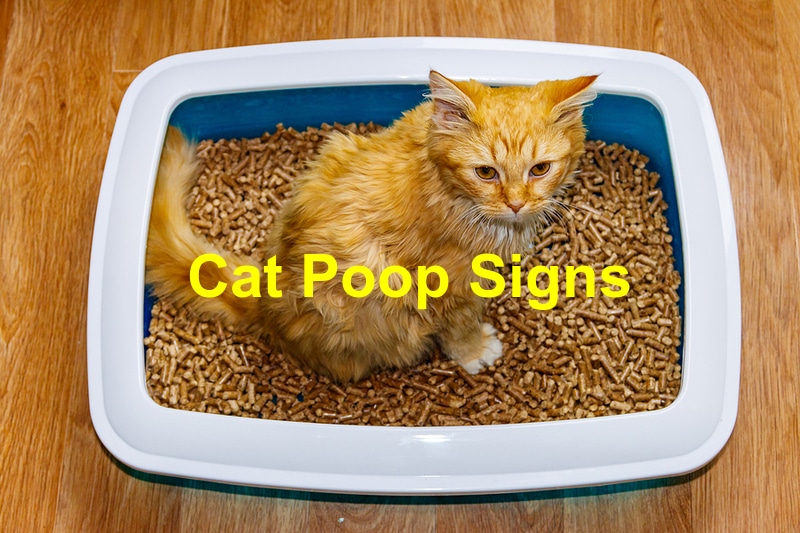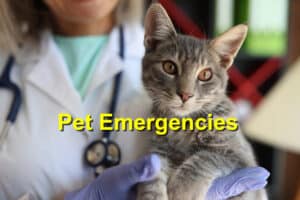Your cat’s litter box says a lot about the health of your furry friend, perhaps even more than you could possibly realize. For this reason, it is highly imperative to pay attention to your feline’s bowel movement especially if they are already showcasing other tell-tale signs of disease. Here are some of the basics.
1. Be Wary of Loose Stool
Diarrhoea spells a number of disconcerting health concerns in both adult cats and kittens, some of which could be potentially fatal. Schedule a visit to the local vet clinic as soon as you notice that your cat is passing loose stool. You see, unlike us, the small body frame of felines makes them especially susceptible to extreme dehydration in the event of a diarrhoea streak. And this can quickly escalate to a serious medical emergency if it is not addressed within a short timeframe.
2. Look out For Colitis
Colitis can be precipitated by a number of issues, including an abrupt change in the cat’s diet, food allergies, overeating, parasites, bacterial infections, stress, Giardia among others. And as much as an occasional colitis bout is often nothing to worry about, you start to be concerned if it starts becoming a regular or recurring problem. Experts would advise you to schedule a comprehensive battery of tests to get to the bottom of this abnormality.
3. Constipation
Constipation may be harder to spot than colitis but it’s no less a potential signal for ill health that you shouldn’t be on the lookout for, especially in older cats. The easiest and most practical way of telling whether your kitty is constipating is by tracking how often they pass stool and the consistency of the waste. You should be concerned if they are passing hard pellets infrequently, sometimes even more than two days apart.
4. Hairballs in Cat Poop
While hairballs in your cat’s poop may not be a cause of alarm if they show up occasionally, you should start worrying if your cat starts passing out large quantities of hair. It is a sign that your cat is shedding excessively and some of the hair is finding its way to its gastrointestinal tract, possibly during grooming. Fortunately, a herbal hairball ointment is capable of controlling this anomaly.
References: PetsMD, Hillspect, VCA hospitals





